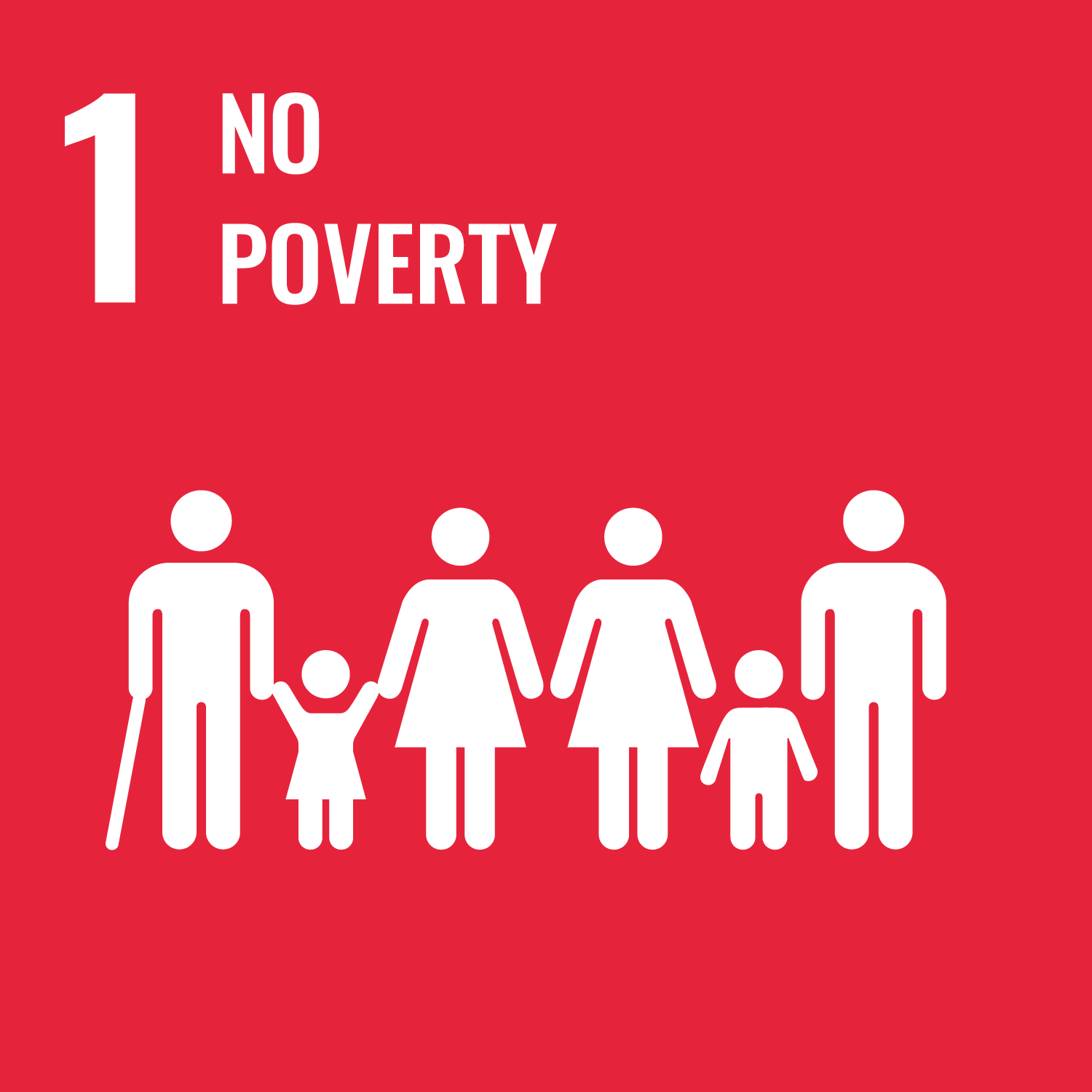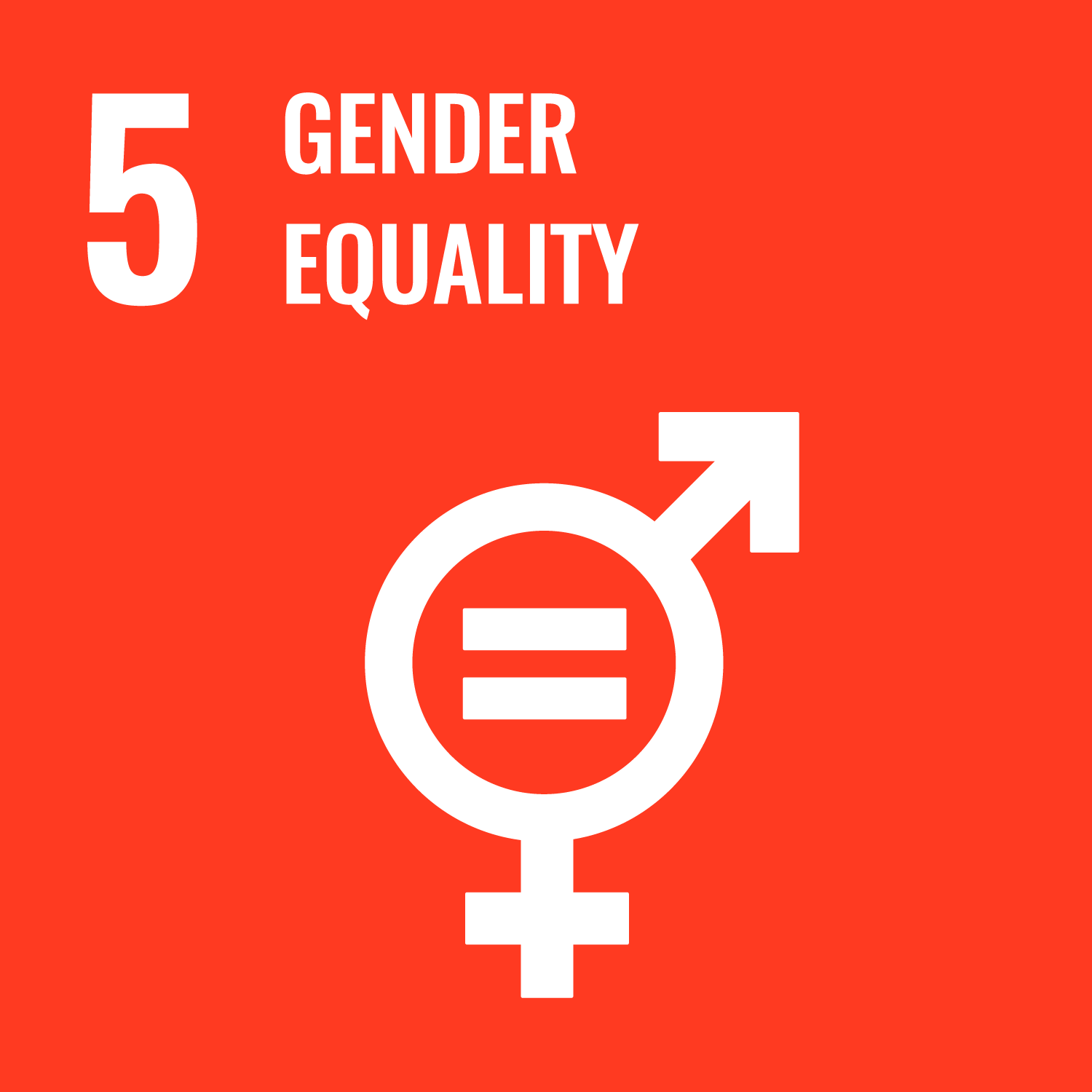Dignity in Labour Platform
Aligned SDGs



- Dignity in Labour Platform
- General overview
- Intervention
- Location
- Last data update
- Spreadsheet of data
- Dignity in Labour Platform
- General overview
- Intervention
- Location
- Last data update
- Spreadsheet of data
General overview
Stage of development: Final negotiations
Policy sectors: Employment and private sector development / Social protection
Type of instrument: Social Impact Incentives (SIINC)
Delivery locations: India
Country classification: Lower-middle-income
Intervention
Social or environmental challenge
Over 85% of India's non-agricultural workforce consists of informal workers, and the grey economy accounts for about 50% of India's GDP. Following the COVID-19 pandemic, employment in the informal economy saw a significant increase. In 2021, 76% of workers in rural areas and 65% in urban areas were employed in informal non-agricultural sectors.
Informal workers are confined in a low-skill low-productivity trap, with limited opportunities to train or upskill themselves. They are highly susceptible to exploitative practices, abuse, and conditions akin to forced labor, and lack adequate social protection.
Since these individuals lack any formal documentation of gainful employment, formal credit avenues are inaccessible for them. As a result, many within the informal sector resort to acquiring loans from unregulated entities, which typically charge exorbitant interest rates. Such engagements with the informal credit market can inadvertently ensnare workers in crippling debt traps, at times leading to bonded labor situations.
Description of the intervention
Dignity in Labour platform is a multi-stakeholder blended finance facility that will connect vulnerable, new-to-credit customer groups to suitable lending partners and enable access to relevant government social security programs for all workers that interact with the facility. The platform aims to assist ~10K workers across five user groups: artists, aspirational youth, self-employed individuals, migrant workers, and e-rickshaw drivers. Platform offers fit-for purpose loan products to these groups and provides technical assistance to help them access social security schemes. It also assists them in acquiring requisite KYC compliance documentation.
This project started with a pilot "Labor Dignity Bond" in 2021. The pilot was a working capital facility that pooled concessional debt from private investors, aiming to promote the ethical treatment of construction workers by micro-contractors, culminating in a loan book of around $265K.
The Dignity in Labor Platform is a scaled-up version of the pilot and will utilize both concessional and grant capital to support its interventions. It is projected that the facility will support ~10K users with a loan book of $2 Mn over a three-year period, with 9.1 times leverage. The structuring of the Platform has been completed, supported by a grant from the Catalytic Capital Consortium.
Location
Country:
- India
Locality:
- India
Last data update
Data for this pipeline project was last updated in August 2023
You might have noticed that some pipeline projects have more data than others. This is because organisations can share as much data as they want with the INDIGO initiative. If you have more data on one of these pipeline projects and would like to share with us, please get in touch at indigo@bsg.ox.ac.uk. Our full list of variables and data definitions can be found here.
Spreadsheet of data
Important Notice and Disclaimer on INDIGO Data
INDIGO data are shared for research and policy analysis purposes. INDIGO data can be used to support a range of insights, for example, to understand the social outcomes that projects aim to improve, the network of organisations across projects, trends, scales, timelines and summary information. The collaborative system by which we collect, process, and share data is designed to advance data-sharing norms, harmonise data definitions and improve data use. These data are NOT shared for auditing, investment, or legal purposes. Please independently verify any data that you might use in decision making. We provide no guarantees or assurances as to the quality of these data. Data may be inaccurate, incomplete, inconsistent, and/or not current for various reasons: INDIGO is a collaborative and iterative initiative that mostly relies on projects all over the world volunteering to share their data. We have a system for processing information and try to attribute data to named sources, but we do not audit, cross-check, or verify all information provided to us. It takes time and resources to share data, which may not have been included in a project’s budget. Many of the projects are ongoing and timely updates may not be available. Different people may have different interpretations of data items and definitions. Even when data are high quality, interpretation or generalisation to different contexts may not be possible and/or requires additional information and/or expertise. Help us improve our data quality: email us at indigo@bsg.ox.ac.uk if you have data on new projects, changes or performance updates on current projects, clarifications or corrections on our data, and/or confidentiality or sensitivity notices. Please also give input via the INDIGO Data Definitions Improvement Tool and INDIGO Feedback Questionnaire.